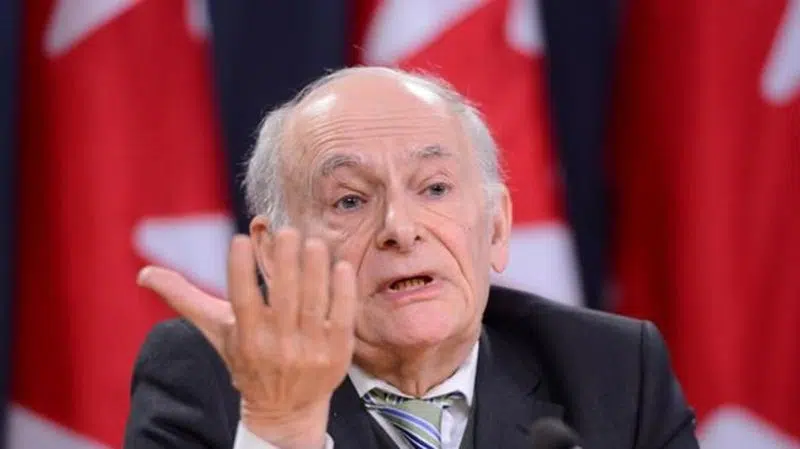
Jewish, Iranian groups ask feds to add Iran’s Guard Corps to terror listing
OTTAWA — Canadian Jewish and Iranian organizations have reiterated their demands for the government to list Iran’s Islamic Revolutionary Guard Corps as a terrorist entity following last week’s downing of a Ukrainian jetliner in Iran.
David Matas, the senior lawyer for B’nai Brith Canada, said Monday that while the terror listing would remove a legal obstacle and enable Canadian victims to sue the Iranian government under the Justice for Victims of Terrorism Act, other formidable roadblocks remain.
It was not a new request, but it could be one path to compensation for the families of those killed when Ukraine International Airlines flight PS752 was shot down by an Iranian missile moments after taking off from Tehran early last Wednesday.
All 176 on board were killed, including 57 Canadians. There were 138 people on the plane who were en route to Canada.
